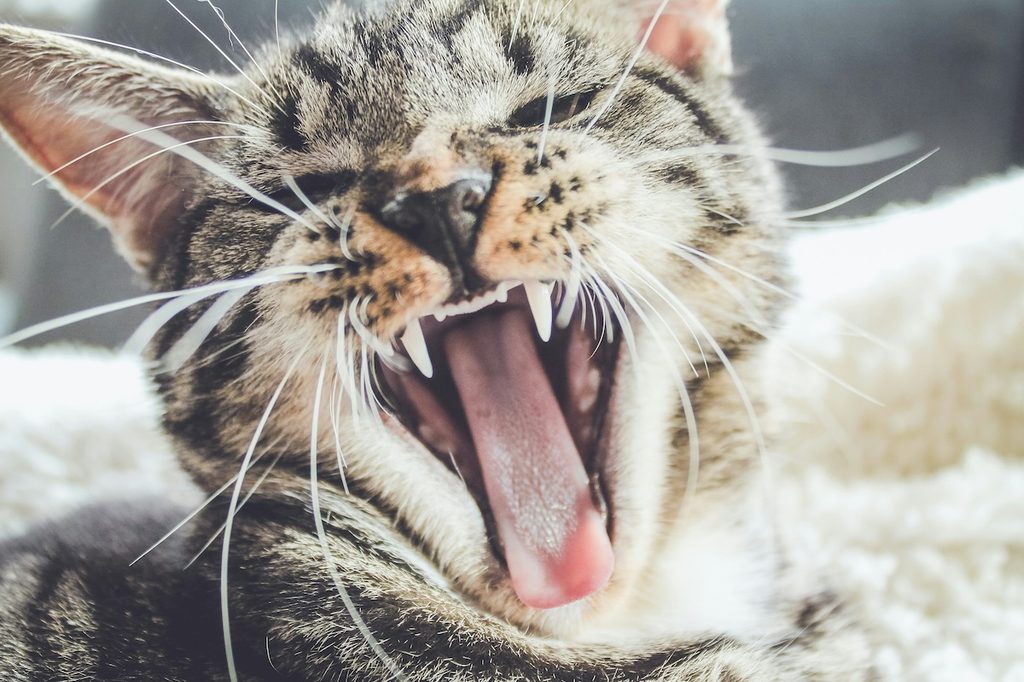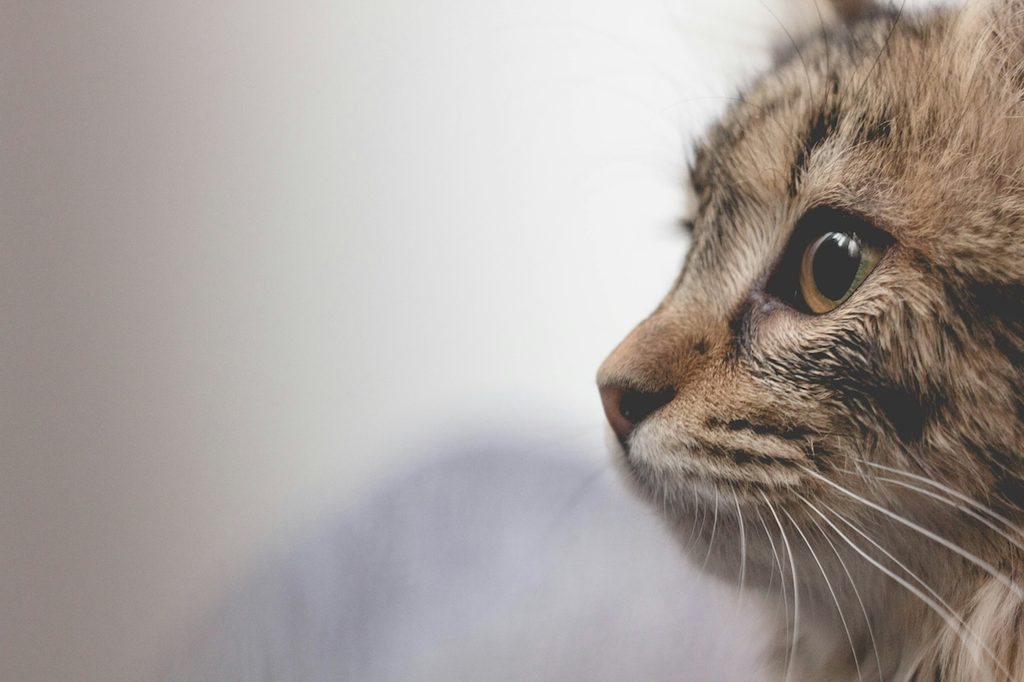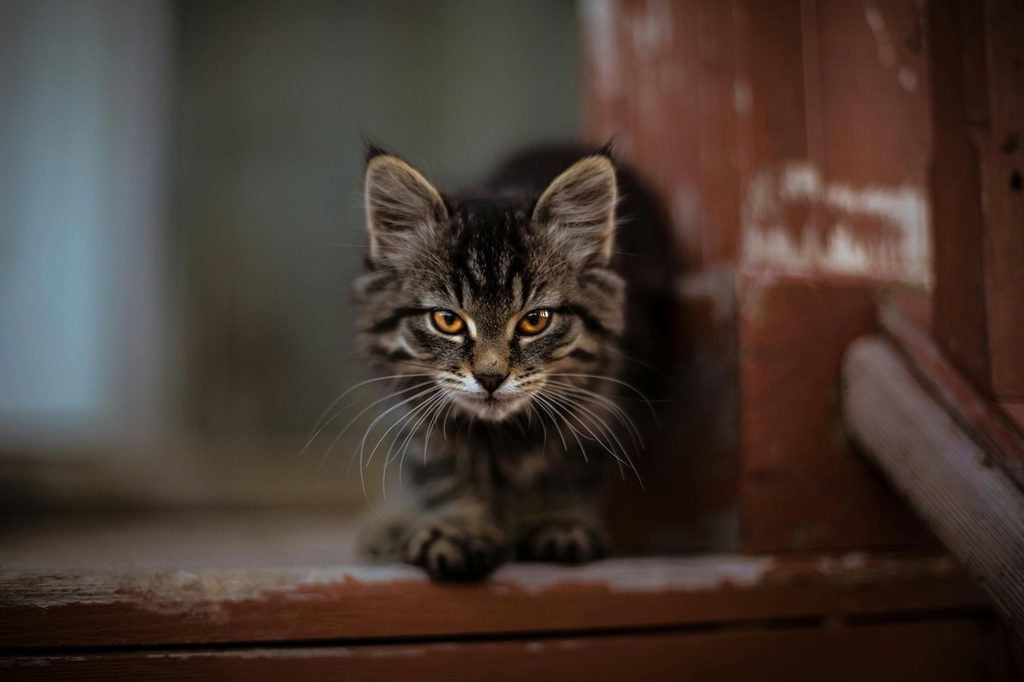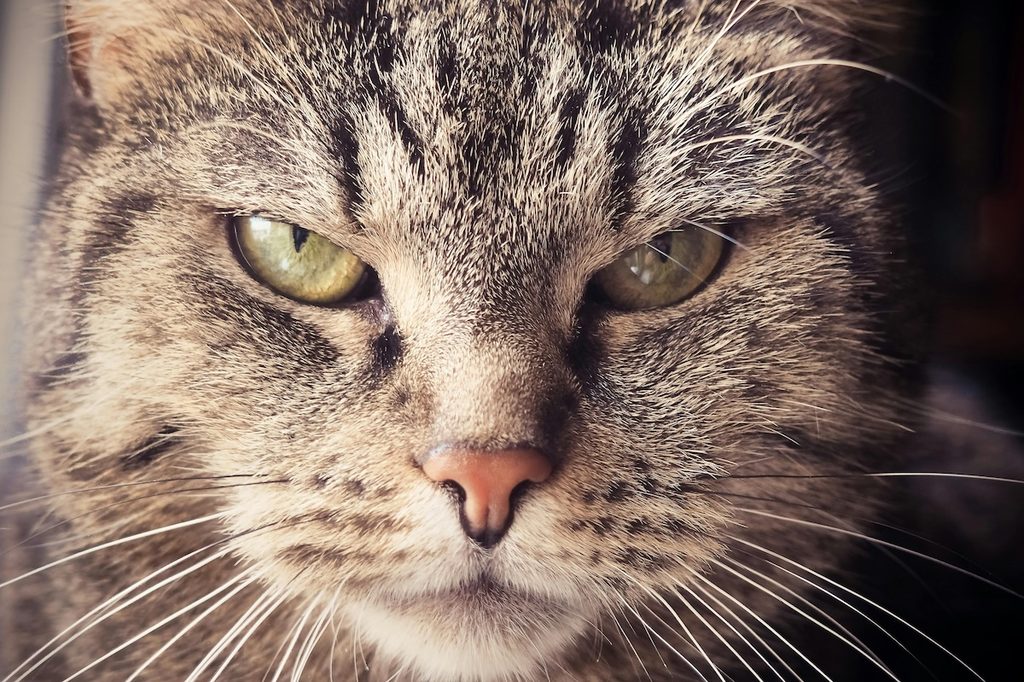
When cats display behaviors that we humans consider socially unacceptable or quirky, the temptation is often to say, “Cats!” or “What jerks.”
Sometimes, these statements are all in good fun and tongue-in-cheek. Think: Is my cat plotting against me when they stare? Does Kitty want me to get fired when they hop on my work-from-home virtual meeting? The truth is that cats don’t display behaviors out of spite, though. Instead, behaviors are a form of communication — a clue into your pet’s feelings and challenges.
When asking the question, “Why do cats fight?” — finding the correct answer is important. Catfighting can prompt pet parents to re-home pets or return them to shelters. Fights can also become unsafe for humans and pets in the house. Cat fights can break out for various reasons. Below, we’ll go over the common reasons for catfights and what to do.
Why do cats fight?

Catfights can break out for various reasons, ranging from territorial concerns to play aggression. The trigger is pet-specific, so as you learn more about common ones, consider what your cat was experiencing before the fight occurred.
Territorial concerns
Cats are naturally territorial. In the wild, this was a life-saving behavior. In your home, you may not think cats need to be territorial. However, you can’t take the “wild” out of the cat. Kitties may feel the need to defend their turf — a favorite window perch, their dishes, the litter box, and even access to their favorite human (you, of course). Territorial aggression is common when introducing new cats, especially if you go too quickly. Ensuring cats have access to their own creature comforts, such as giving each one their own litter boxes and dishes in separate spaces in the home, is a great way to prevent this issue — ditto for gradual introductions that start with scent swaps.
Fear or stress
A scaredy cat isn’t simply a figure of speech. Cats can experience fear and stress that can trigger them to lash out at other cats. As with territorial aggression, anxiety and stress can also pop up during the introduction process. A cat may be afraid of a new kitty. The new family member may feel scared or stressed in an unknown environment. Other times, a dominant cat may play the role of a bully, which can be stressful. Eventually, the submissive cat may lash out. Again, slow introductions and separate spaces can help, as can pheromone products that might lower stress levels.
Play aggression
Cats aren’t pack animals like dogs. However, some felines enjoy rousing play sessions, including with one another. Sometimes, play goes too far. A cat may get a bit too rough. Play aggression can happen in cats that are poorly socialized at a young age or under-stimulated kitties that could use more physical and mental activity during the day. Providing plenty of opportunities for enrichment, such as through toys, is huge.
Redirected aggression
This form of aggression can send pet parents for a loop and feel unexpected. A cat displaying redirected aggression experienced something within their environment, such as a loud noise, a stray dog, or a kitty invading the yard. Since the pet can’t direct their anger at the source of the noise or intruders, they may turn around and go after a housemate. Cue fights. You can try to reduce access to triggers, such as keeping stray animals out of your yard or blocking views from windows that let your pet see these intrusions.
Hormonal
Not neutered or spayed cats may show aggression as they desire to mate. Spaying or neutering your cat can prevent this aggression (and subsequent fights) from occurring.
How to stop catfighting

Catfighting is stressful. Your natural inclination may be to run into the proverbial fire and rip kitties apart. However, the safest bet is to try to distract them with a loud noise. If catfights are frequent, speak with your veterinarian. They may be able to suggest products and medications that can help calm one or both cats down or perform spay/neuter procedures.
Closing thoughts on cats fighting

Why do cats fight? There are several reasons. Cats might fight as a response to stress/fear, territorial concerns, hormones, and rough play. Sometimes, cats may redirect aggression from stress caused by a source they can’t access (like a car backfiring) toward a cat. Cat fights can be stressful and dangerous to kitties and humans alike. Try to separate cats in the middle of a fight without using your hands, such as with a loud noise to distract them.
Giving each kitty their own food, toys, and litter boxes can ward off fights. A vet can help you with your worries. Manage expectations, though. Your cats may not be best friends like you hoped (human siblings aren’t always, either). However, multiple cats can often live peacefully under the same roof.




